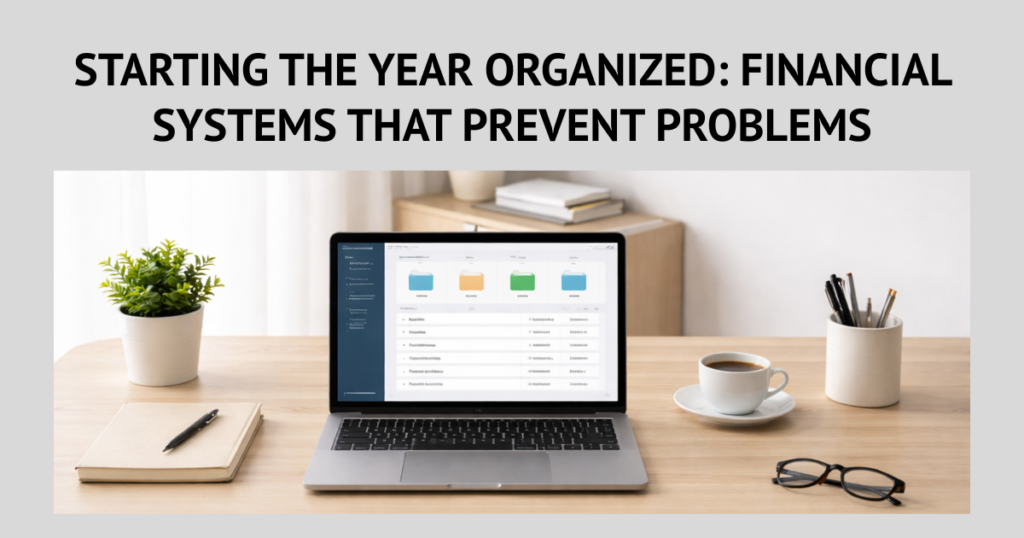The Importance of an Annual Report for Your Business

An annual report is more than just a financial summary—it’s a comprehensive document that provides insights into your business’s performance over the past year. For stakeholders, investors, and regulatory agencies, an annual report is a critical tool for understanding the health and direction of your organization. Whether you’re a small business or a large corporation, creating a thorough and accurate annual report can enhance transparency, build trust, and guide strategic decisions. Here’s everything you need to know about the importance of an annual report and how to create one.
What is an Annual Report?
An annual report is a detailed document that summarizes a company’s financial performance, operational highlights, and strategic direction over the course of a year. It typically includes:
- Financial statements (income statement, balance sheet, and cash flow statement).
- Management’s analysis of financial results.
- Key milestones and achievements.
- Future goals and plans.
Why is an Annual Report Important?
1. Legal and Regulatory Compliance
For corporations, especially publicly traded ones, annual reports are often a legal requirement to comply with regulations set by governing bodies like the SEC (Securities and Exchange Commission). Even private companies may need to provide annual reports for certain stakeholders or legal purposes.
2. Transparency and Trust
An annual report fosters transparency by sharing critical financial and operational information. This transparency builds trust among stakeholders, including:
- Investors and shareholders
- Employees
- Customers
- Lenders and creditors
3. Strategic Analysis and Decision-Making
Annual reports help business owners and management teams evaluate their performance over the past year. They provide insights into:
- Revenue and profitability trends
- Operational efficiency
- Market opportunities and challenges
- Areas for improvement
4. Marketing and Branding
A well-crafted annual report can serve as a marketing tool that highlights your achievements, community contributions, and corporate values. This helps enhance your brand image and reputation.
Key Components of an Annual Report
- Letter from the CEO or Leadership Team
- Sets the tone for the report and provides a personal touch.
- Summarizes key accomplishments and outlines future plans.
- Financial Statements
- Income Statement: Shows revenue, expenses, and net income.
- Balance Sheet: Summarizes assets, liabilities, and equity.
- Cash Flow Statement: Details cash inflows and outflows.
Tip: Include explanatory notes to help stakeholders understand the numbers.
- Management’s Discussion and Analysis (MD&A)
- Provides insights into financial results.
- Explains operational successes and challenges.
- Discusses future strategies and goals.
- Achievements and Highlights
- Key milestones reached during the year.
- New products or services launched.
- Awards, recognitions, or certifications earned.
- Corporate Social Responsibility (CSR)
- Initiatives related to sustainability, community engagement, and diversity.
- Highlights the company’s commitment to ethical practices.
- Future Outlook
- Discusses goals and objectives for the upcoming year.
- Provides insights into planned investments, expansions, or changes.
Steps to Create an Effective Annual Report
1. Gather Accurate Data
Ensure all financial data is accurate and complete. Work with your accounting team or CPA to prepare financial statements and supporting documents.
2. Define Your Audience
Tailor the report to meet the needs of its primary audience. For example:
- Investors may focus on financial performance.
- Employees might value operational highlights and future goals.
3. Use Clear and Engaging Visuals
Enhance readability with charts, graphs, and infographics that present complex data in an easy-to-understand format.
4. Highlight Key Achievements
Include a section that celebrates your business’s successes to reinforce confidence and build excitement for the future.
5. Review and Proofread
Ensure the report is free from errors and aligns with your brand’s tone and values. Have it reviewed by legal and financial advisors to ensure compliance.
Best Practices for a Professional Annual Report
- Stay Transparent
Provide honest and clear information, even if it includes discussing challenges or setbacks. - Focus on Design
A visually appealing report is more engaging and professional. Use consistent branding and high-quality visuals. - Incorporate Technology
Consider creating a digital version of your annual report with interactive elements for easy online sharing.
An annual report is a powerful tool for communicating your business’s performance, vision, and values to stakeholders. By providing transparency, fostering trust, and showcasing achievements, your annual report can strengthen relationships and guide strategic growth. Need help preparing your annual report? Contact us today for professional guidance and support in creating a report that reflects your business’s success.
Subscribe to our newsletter to receive our latest blog directly to your inbox.
- Common Documentation Gaps That Delay Tax Returns
- Preparing for Tax Filing When Your Records Aren’t Perfect

- Post–Year-End Cleanup: Financial Tasks You Should Not Skip

- How to Turn Last Year’s Financials Into a Smarter Strategy

- Starting the Year Organized: Financial Systems That Prevent Problems

- Financial Checkpoints Every Business Owner Should Review in January


